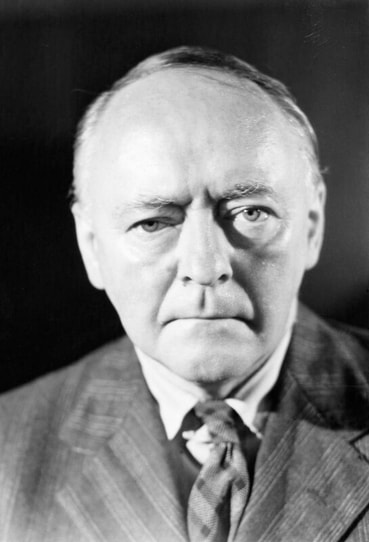
Sir Arnold Edward Trevor Bax (1883–1953), composer, was born on 8 November 1883 in Heath Villa, Pendennis Road, Streatham, London, the eldest son of Alfred Ridley Bax (1844–1918) and his wife, Charlotte Ellen Lea (1860–1940). His father was a barrister of the Middle Temple, though having a private income he never practised. His youngest brother, Clifford Lea Bax (1886–1962), in his day was a celebrated playwright and essayist.
He attended the Hampstead Conservatoire (from 1898), and in September 1900 entered the Royal Academy of Music in the 1920s he was widely considered the leading British composer of his generation, and between the wars he produced most of his mature works Bax's third symphony was completed in 1929 and after its first performance in 1930 was championed as one of his most frequently heard major works; it was his first symphony to be recorded (1943).
Four more symphonies followed: the fourth (1931, first performed in San Francisco in 1932), the fifth (1932, first performed in 1934), the sixth (1935), and the seventh (1939, but not performed in England until a broadcast in 1941 and a Promenade Concert in 1943). Other works written in the 1930s include the popular Overture to a Picaresque Comedy, a variety of chamber works for larger groups, including a nonet, a string quintet (1933), the third string quartet, and an octet for horn, piano, and strings. Bax's violin concerto was completed in 1938 but not performed until 1943, when Eda Kersey played the solo part.
Bax was always indifferent to formal honours, but during the 1930s he received the gold medal of the Royal Philharmonic Society (1931), the Cobbett medal for chamber music (1931), and honorary doctorates from the universities of Oxford (1934) and Durham (1935) and the National University of Ireland (1947). He was knighted (June 1937) and appointed KCVO (1953). After the death of Walford Davies, he was appointed master of the king's music in 1942.
(Lewis Foreman)
Image ©National Portrait Gallery
